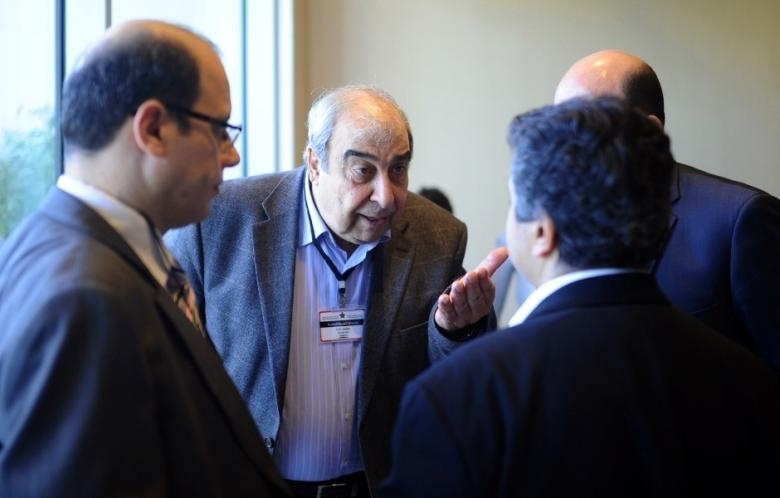Syria's Western-backed opposition agreed on Monday to attend planned peace talks in Geneva but said President Bashar al-Assad could play no part in a transitional government aimed at ending the 2-1/2-year-old civil war.
The Syrian National Coalition also demanded the release of women and children from Syrian jails and an easing of military sieges of rebel-held areas as a condition for going to Geneva.
No date has yet been agreed for the peace talks, which have been repeatedly delayed by discord between Washington and Moscow and by the coalition's failure to define its stance until now.
"The coalition agreed to take part in the conference on the basis of a transfer of power to a transitional ruling authority with full powers, including the presidency, military and security," it said in a statement after late-night talks.
There could be no role for Assad "or his aides whose hands are stained with Syrian blood" in Syria's future, it said.
The United States welcomed the coalition's decision to attend the talks and endorsed its conditions relating to prisoner releases and humanitarian access.
"We will continue to work closely with our international partners, including Russia, to urge the regime to take these steps and move towards convening the Geneva conference," a State Department spokesman said, without commenting on the coalition's rejection of any role for Assad in any interim government.
The United States and its Western and Arab allies say last year's Geneva agreement ruled out a future role for the president. Russia, Iran and other supporters of Assad challenge that view.
Syrian National Coalition leader Ahmad Jarba had expressed willingness to attend the US and Russian-sponsored talks but this was the first time the whole group had backed the idea.
"Our position makes it clear that Geneva must result in the removal of Assad, and that Assad and his cohorts with blood on their hands have no role in any transition," coalition vice-president Farouq Tayfour told Reuters in Istanbul.
"Foreign forces must also leave the country," he said, without specifying which forces. Sunni Muslim jihadis have flocked to Syria to fight the army, while the president has been supported by Hezbollah fighters from Lebanon.
......


